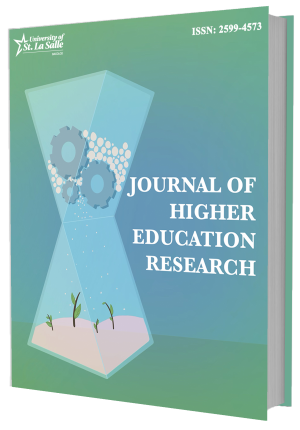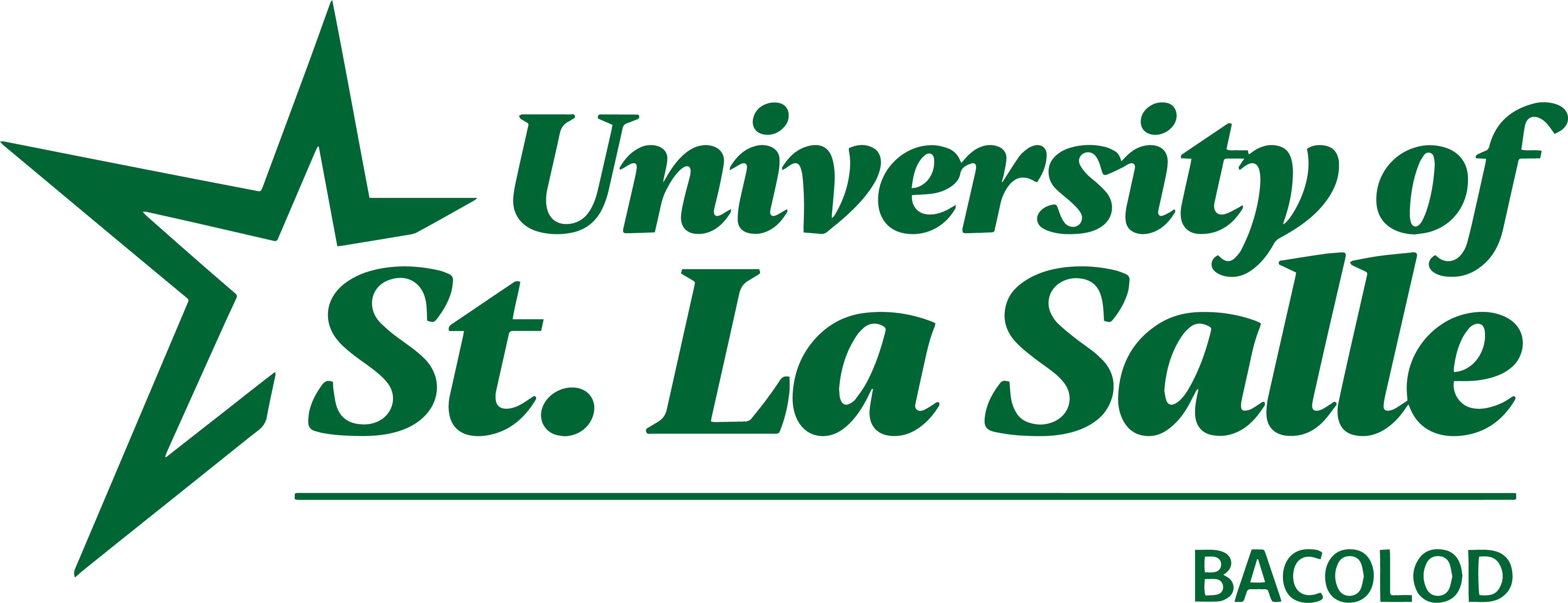Opportunities, Challenges, and Coping Mechanisms of Small Enterprise Bakery Operations
https://doi.org/10.70228/CBJ2021026
Cite this article Read this article
ABSTRACT
This study focused on the opportunities, challenges, and coping mechanisms of 61 bakery operators who are Bacolod Baker's Association (BBA) members. It employed a descriptive design with frequency distribution to measure certain variables. The results revealed that access to cheap raw materials and new technology are opportunities that the participants can maximize. The rising population has also increased the demand for bakery products. However, the participants claimed that raw materials and supplies are prone to cost fluctuations, causing uncertainties for the bakery operators. Access to technology is both a challenge and an opportunity since not all can afford it. Manpower is also a major issue as not many are skilled. To address these problems, participants turned to borrowing funds, preventive maintenance for equipment, and manpower pooling for labor insufficiencies. Despite the many challenges, participants hope they will expand in the future. Major recommendations include attending skills training seminars, preventive maintenance for high-value technology, membership in bakery associations, weighing benefits and costs before borrowing funds, lean production, and creating company policies with specific sanctions for violations.
Keywords:

Volume 9, June, 2021 EDITION
Published 2021
Editor's Note
It is with great pride that we present this latest collection of scholarly contributions in Volume 9 of the Journal for Higher Education Research, highlighting the diverse research endeavors undertaken by our esteemed authors. Each study featured in this volume emphasizes the commitment to academic excellence and practical impact, addressing challenges and uncovering insights relevant to a wide range of disciplines in higher education research. Macoy and Quezon delve into real estate buyers' preferences and financing determinants, offering valuable implications for developers and policymakers in Iloilo and Negros Occidental. Peña and Tedoco explore the opportunities and challenges faced by small enterprise bakery operators, providing practical recommendations for sustainability and growth within this vital sector. Dura's linguistic landscape analysis uncovers the cultural and ideological dynamics within a public high school in Bacolod City, emphasizing the importance of multilingualism in educational environments. Similarly, Quezon addresses the crucial topic of anxiety among young adults, shedding light on barriers to help-seeking and the innovative coping strategies developed in the absence of professional intervention. The work of Gabarra and Lastimoza showcases the effectiveness of graphic-[1]based supplementary reading materials in enhancing literature instruction, bridging traditional texts with modern, interactive tools. Pillo and her team present a sustainable ecotourism plan for Bago City and Pulupandan, highlighting the critical interplay between community involvement and ecological stewardship. The study by Tirado and colleagues establishes a strong link between online engagement and academic performance, emphasizing psychological engagement as a key mediator in mathematics education. Ochavo evaluates a school-[1]administered youth facility for children in conflict with the law, offering insights into its transformative impact and areas for improvement. Finally, Capay and her co-authors examine the implementation of the carousel delivery system in modular learning, underscoring its benefits while advocating for enhancements to further improve student experiences. This issue serves as a testament to the boundless dedication and ingenuity of our authors. We would like to thank our editors and reviewers for meticulously working on these significant research works. We hope these studies inspire further academic pursuits and practical applications that benefit our communities. Sincerely, JOVAL N. MARTINEZ Editor-in-Chief


